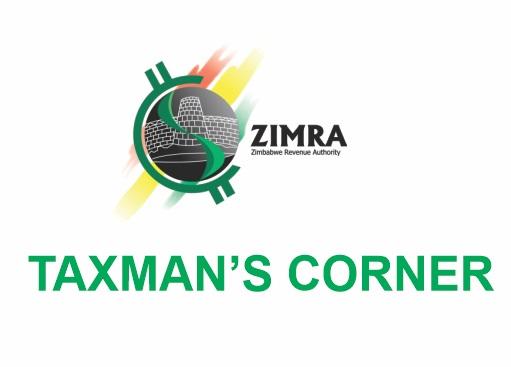A tax credit is a type of tax incentive that reduces the tax liability of qualifying taxpayers as it is deducted from the income tax that would have been charged to the taxpayer. There are two tax credits which can be claimed by corporates namely the Youth Employment Credit for a qualifying taxpayer who employs an additional employee aged thirty (30) years or less during the year of assessment and the tax Credit for employment of physically disabled persons for a qualifying taxpayer who employs a physically disabled person. For the purposes of these credits:
“Employee” excludes a trainee, intern, apprentice and a managerial employee. Managerial employee includes a supervisor.
“Qualifying taxpayer” means a company or trust or individual taxpayer engaged in trade or investment who qualifies for a credit in terms of Section 13A of the Finance Act [Chapter 23:04].
- Tax credit for employment of the youth (Youth Employment Tax Incentive).
Finance Act No.3 of 2019 introduced the Youth Employment Tax Incentive (YETI). This incentive is aimed at stimulating employment of young people in Zimbabwe. The credit to be deducted from the income tax payable by a qualifying taxpayer is ZWL$1500 per month for each additional employee. However, the aggregate amount to be granted as a credit for all additional employees shall not exceed ZWL$180,000.00 per year.
What are the conditions to be fulfilled for the Youth Employment Credit?
- The qualifying taxpayer claiming the credit should be a registered taxpayer and should be compliant for the preceding year of assessment. All returns and taxes due should have been paid and if on payment plan client must be adhering to the same.
- The tax credit will only be claimed after the additional employee has served for a consecutive 12 months and should be earning at least ZWL$2,000.00per month. The tax credit will not apply to companies or trusts or individual taxpayers whose annual turnover is equal to or exceeds an equivalent of US$1 million.
Please note that where the taxpayer has an assessed loss during the year of assessment, the credit shall be added to the assessed loss and the amount is carried forward to the next year of assessment. With effect from the 1st of January 2022, any excess credit incurred by a company with a payable position will be carried forward. The Commissioner shall not refund any excess credit if the credit exceeds the tax payable during the year of assessment.
- TAX CREDIT FOR EMPLOYMENT OF PHYSICALLY DISABLED PERSONS
The tax credit for employment of physically disabled persons was introduced with effect from the 1st of January 2022, to encourage employers to employ such physically challenged persons. A “Physically challenged person” means an individual having a medically ascertainable physical condition or impairment that makes it difficult for him or her to do things that other individuals without the same physical condition or impairment can easily do. A tax credit of US$50 (or ZWL equivalent at prevailing rate) shall be granted per month for each additional physically challenged employee up to a maximum of US$2,250 (or ZWL equivalent at prevailing rate) per year of assessment.
What are the conditions for the employment of physically disabled persons?
- The taxpayer shall be registered for tax purposes and tax compliant for the preceding year of assessment, provide medical reports from Government Hospitals proving disability of employee, comply with National Social Security Authority (NSSA) regulations;
- The credit will only be claimed after the employee has served the particular organisation for a period of 12 consecutive months.
- The Commissioner shall not refund any excess credit if the credit exceeds the tax payable during the year of assessment. Excess credit shall be carried forward to the next year of assessment.
- Where the taxpayer has an assessed loss during the year of assessment, the credit shall be added to the assessed loss and the amount is carried forward to the next year of assessment.
Please note that the taxpayer will allow the credit when computing QPDs and on the Self-Assessment returns and shall not be required to apply for approval. Employers can only claim the credit in the year the employees are engaged if, the employees are engaged on 1st of January. For any other period, other than 1st of January, the credit is claimable only in the following year of assessment.
My Taxes, My Duties: Building my Zimbabwe!!
Disclaimer
This article was compiled by the Zimbabwe Revenue Authority for information purposes only. ZIMRA shall not accept responsibility for loss or damage arising from use of material in this article and no liability will attach to the Zimbabwe Revenue Authority.

